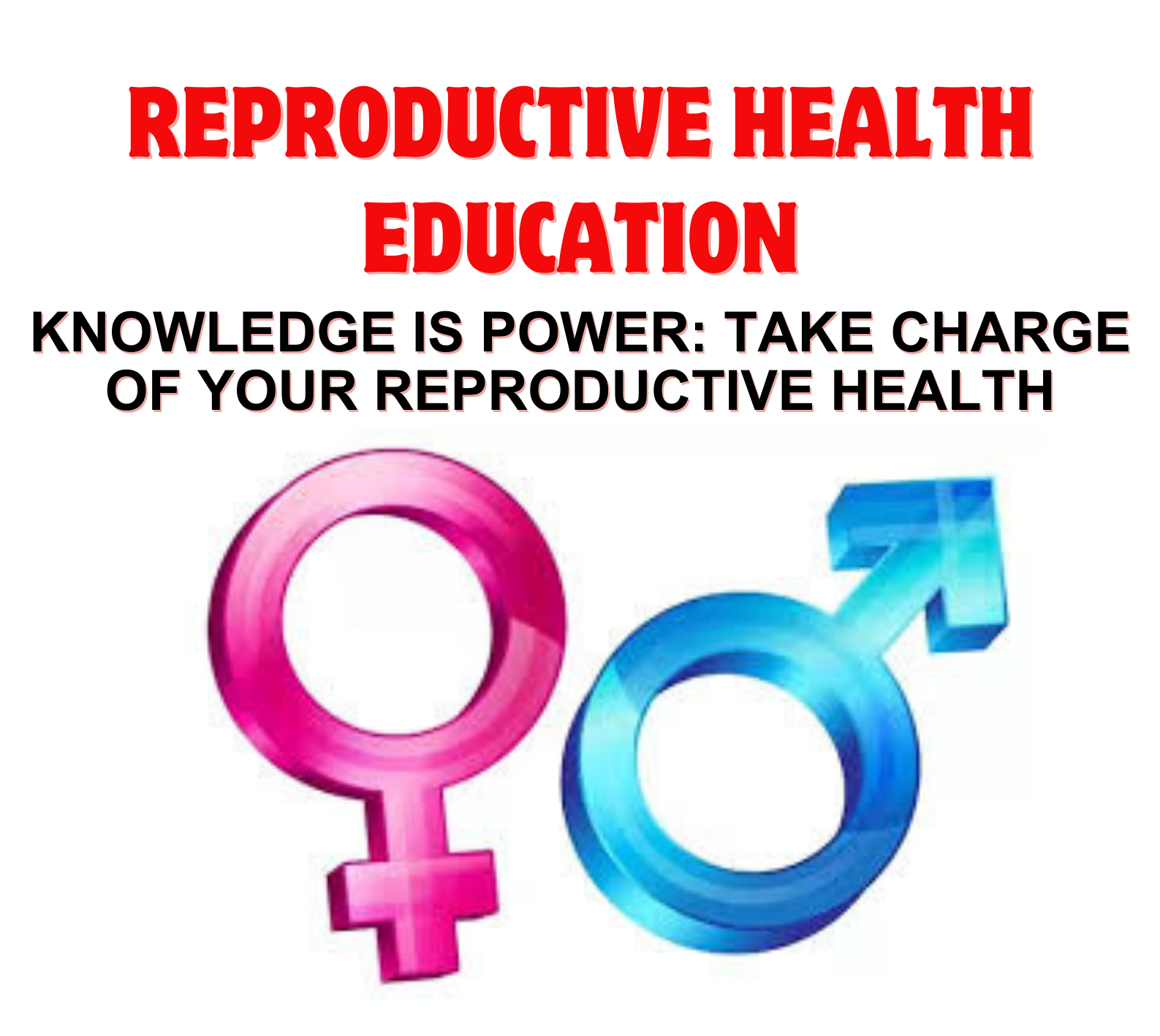REPRODUCTIVE HEALTH EDUCATION

About Course
- Reproductive health education encompasses a comprehensive understanding of the human reproductive system, including female and male anatomy, the menstrual cycle, hormonal changes, and the processes of spermatogenesis and fertilization.
- Family planning and contraception play a crucial role in reproductive health, with various methods available, such as barrier methods, hormonal contraceptives, and long-acting reversible contraceptives (LARCs), enabling individuals to make informed choices about their reproductive futures.
- Preventing and managing sexually transmitted infections (STIs) is an essential part of reproductive health education, focusing on awareness, prevention, testing, and treatment of common STIs like chlamydia, gonorrhea, HPV, and HIV/AIDS.
- Pregnancy, childbirth, and postnatal care are key aspects of reproductive health, emphasizing prenatal care, labor stages, pain management options, postnatal recovery, breastfeeding, and considerations for contraception after childbirth.
- Ultimately, reproductive health education empowers individuals to make informed decisions about their reproductive and sexual well-being, promoting healthy choices, responsible behavior, and a comprehensive understanding of reproductive systems and associated health issues
Course Content
Unit 1: Understanding Reproductive Anatomy and Physiology
-
1.1 Introduction to Reproductive Health
00:00
